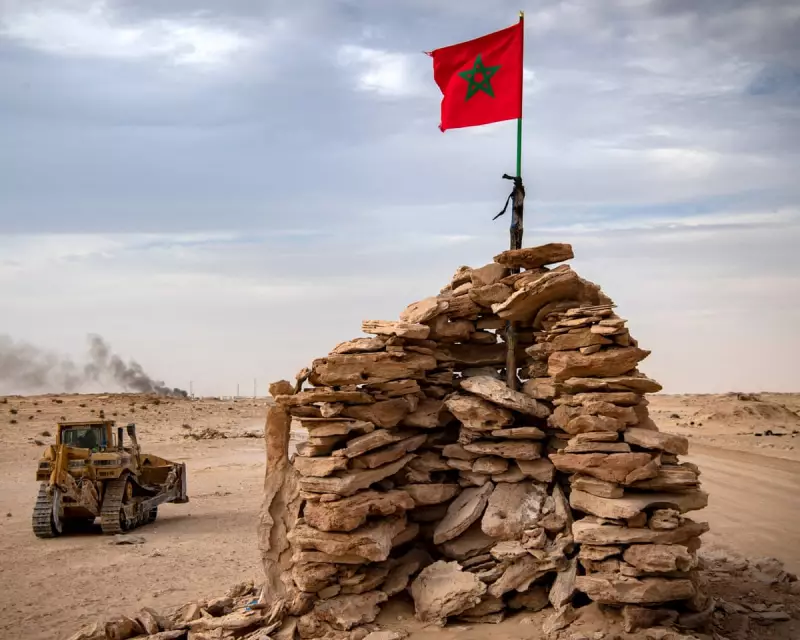
In a dramatic diplomatic reversal that has sent shockwaves through international relations, the United Nations Security Council has overwhelmingly approved a resolution recognising Morocco's sovereignty over the disputed Western Sahara territory.
A Historic Shift in UN Policy
The landmark decision, passed with significant majority support, represents the most substantial shift in the UN's position on the Western Sahara conflict in decades. The resolution explicitly endorses Morocco's autonomy plan for the region while acknowledging the kingdom's territorial integrity.
This development comes after years of diplomatic manoeuvring and represents a major victory for Moroccan foreign policy. The resolution's language marks a departure from previous UN documents that had maintained more neutral terminology regarding the status of the territory.
International Reactions and Implications
The vote has triggered immediate reactions across the global political landscape, with supporters celebrating it as a pragmatic step toward resolving one of Africa's longest-running territorial disputes. Critics, however, have voiced concerns about the implications for self-determination principles and the Sahrawi people's rights.
Diplomatic analysts note that the resolution reflects changing geopolitical alliances and growing international frustration with the decades-long stalemate in the Western Sahara conflict. The decision is expected to have significant ramifications for:
- Regional stability in North Africa
- European Union migration policies
- International trade agreements
- African Union diplomatic relations
What This Means for the Future
The resolution establishes a new framework for international engagement with Western Sahara, potentially opening the door for increased foreign investment and development projects in the territory under Moroccan administration.
However, the Polisario Front, which seeks independence for Western Sahara, has condemned the decision as a violation of international law and the right to self-determination. The move is likely to face legal challenges and could reignite tensions in the region.
As the international community digests this significant development, all eyes will be on how Morocco implements its autonomy plan and whether this resolution ultimately leads to a lasting solution or further complicates one of the world's most protracted territorial disputes.





